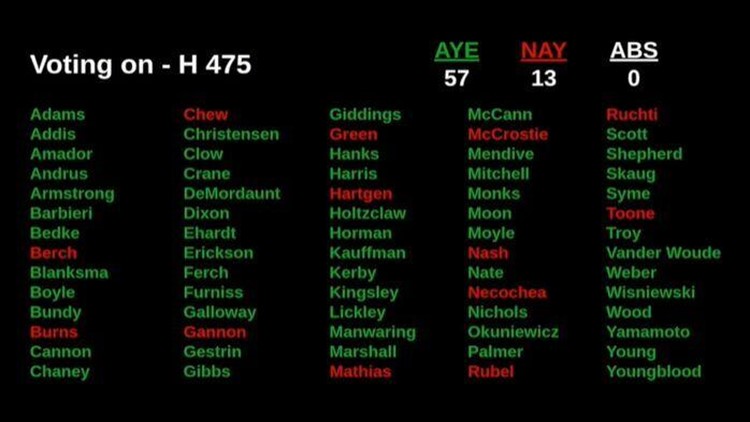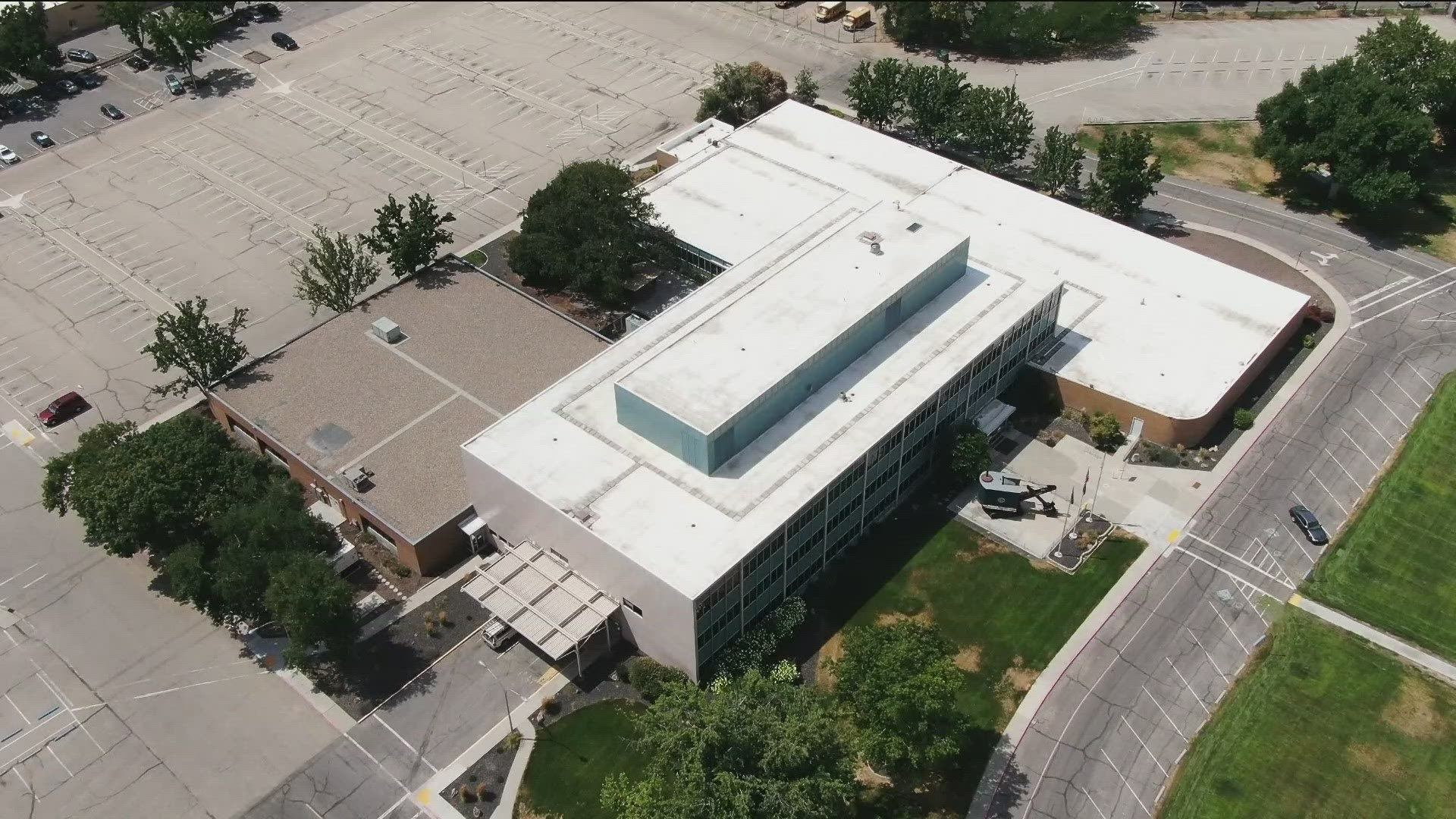BOISE, Idaho — This article originally appeared in the Idaho Press.
The Idaho House on Wednesday voted 57-13 in favor of HB 475, legislation from Idaho’s Military Division to repeal a 1927 law forbidding private armed militias.
Rep. Joe Palmer, R-Meridian, the bill’s sponsor, told the House the bill was initiated under the governor’s red tape reduction push, identified as a never-enforced, outdated law.
“There’s other states where similar legislation has been used from time to time, but in ours it hasn’t been,” Palmer said. “It is under the Military Code, and it deals with civilians.” He said, “It basically does a couple of things that are being removed. It prohibits a body of men from associating themselves together as a military company or organization. A body of men … women can, but not men. As I was saying before, it’s antiquated legislation that no longer should be in effect.”
Rep. John Gannon, D-Boise, was the only one to debate against the bill, but he spoke at length.
“This is not the time to repeal this law, and in fact it should stay on the books,” Gannon told the House. “It’s been there for over a century, and there are reasons for this.”
He noted that the Idaho Constitution, in Article 14, declares, “All able-bodied male persons, residents of this state, between the ages of eighteen and forty-five years, shall be enrolled in the militia, and perform such military duty as may be required by law.” The Constitution also says all officers of the militia shall be commissioned by the governor, and lays out other rules for the militia, including that it “shall carry no other device, banner or flag, than that of the United States or the state of Idaho,” and that no private or outside armed force may be imported into the state to quell a disturbance except on the request of the Legislature or governor.
Gannon said the law that HB 475 would repeal actually dates back to an earlier version from 1911, “a couple of years after the governor of Idaho was assassinated. His statue stands out in front of the Capitol.”
“At that time, and especially prior to that time, there were armed … confrontations, there was violence, and National Guard troops had to be called in to quell violence in many areas.” The law was revised in 1927 and again in the early 1930s, Gannon said, “because again there was concern that armed groups would confront government police and possibly even the National Guard.”
“So that’s why it’s there. It’s there for a reason,” he said.
Gannon noted incidents in recent years involving civil unrest across the country and even during a special session of the Idaho Legislature.
“This isn’t the kind of message that I think we want to send,” Gannon said. The state Constitution discusses a state militia, “and we want to differentiate that from a private militia group. I think that’s been the main intent of this statute all along. I ask for your ‘no’ vote.”
Palmer, in his closing debate, said, “Peaceable assembly cannot be restricted. Anything else should be in Title 18.” That’s the criminal code section of Idaho’s state laws, detailing crimes and punishments, from arson to disturbing the peace to terrorism.
The bill then passed with opposition only from the House’s 12 minority Democrats and one Republican, Rep. Linda Hartgen, R-Twin Falls. It now moves to the Senate.
This article originally appeared in the Idaho Press, read more on IdahoPress.com.
More from our partner Idaho Press: Part-time Nampa School District board clerk's proposed salary would dwarf predecessor, average teacher
Watch more Idaho politics:
See all of our latest political coverage in our YouTube playlist:



